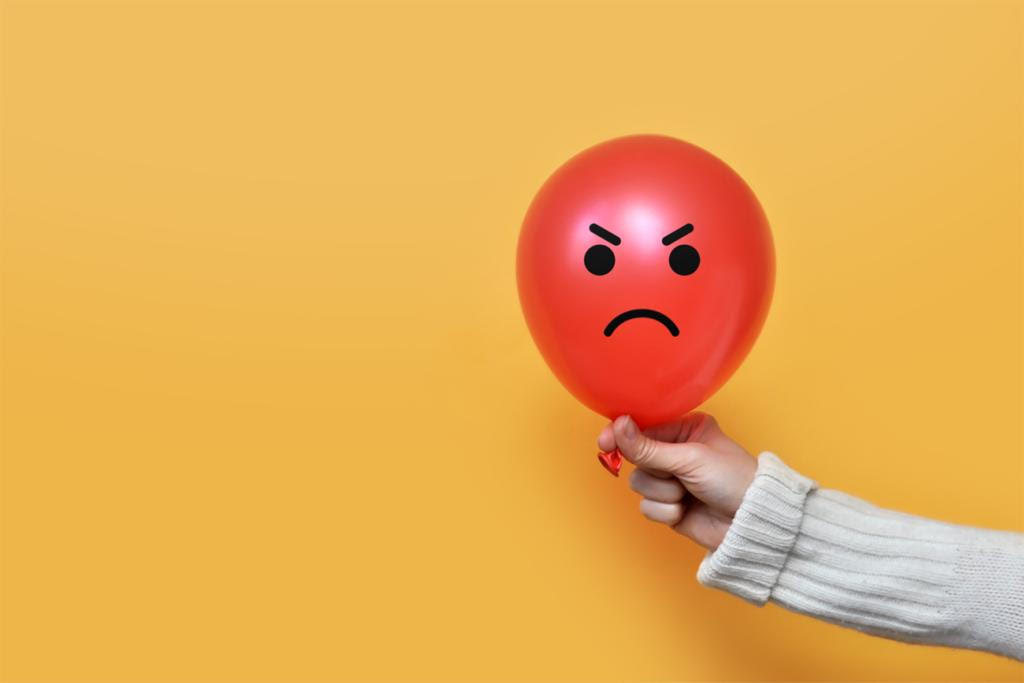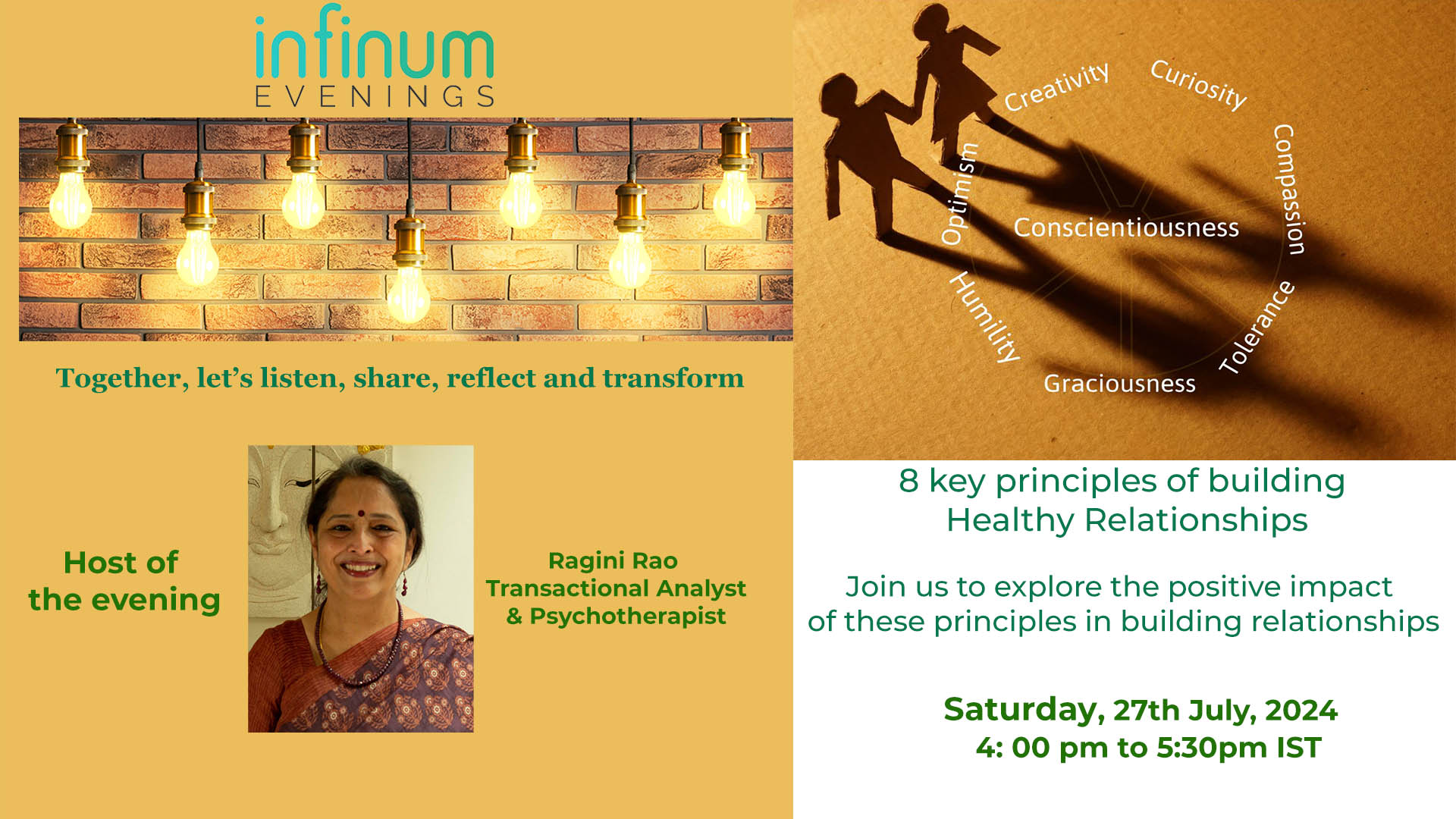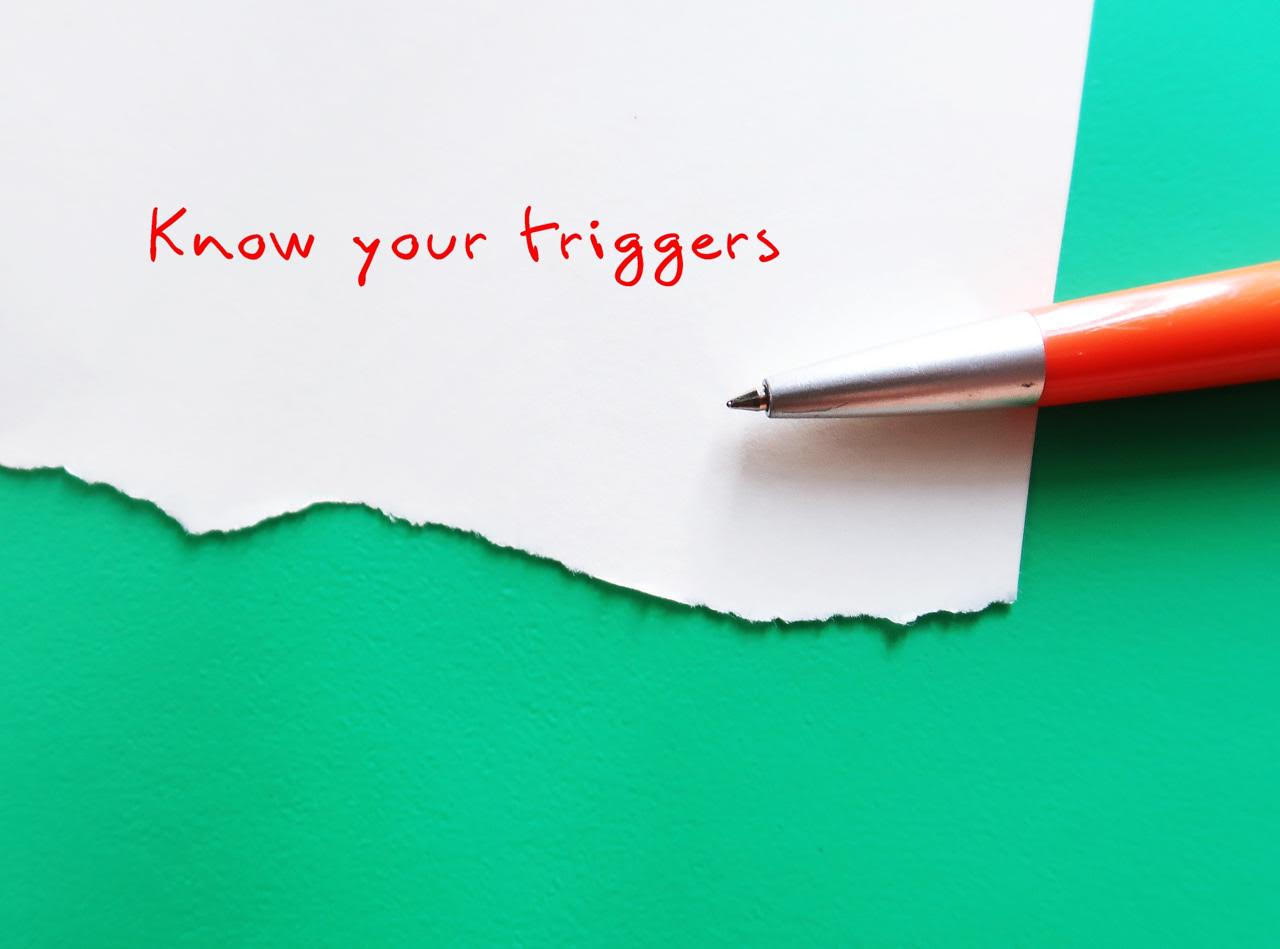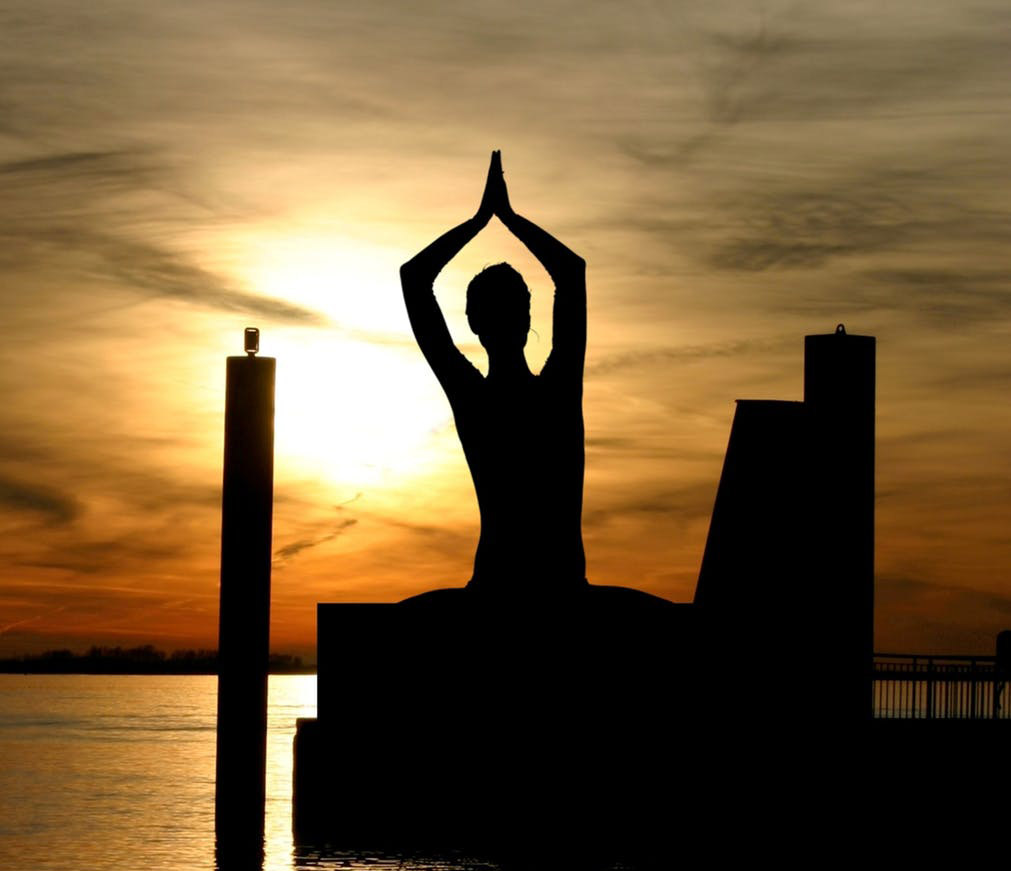Imagine a scenario where you’ve just sat down at a restaurant table, ordered their best dishes, paired with their finest wines and are about to start eating, when an absolute stranger takes the chair across from you.
Without any preamble, the stranger grabs a plate, piles it with your food and starts eating it, drinking your wine; seeking no permission or acknowledging you in any way whatsoever. To top it off, before your shocked eyes, he gets up once he’s done and walks away nonchalantly.
Would it be reasonable to say that the emotion you’re most likely to feel (once the shock wears off) in this scenario is Anger?
And would it also be reasonable to say that your anger is a natural response to your space and boundaries being violated; of feeling threatened in some way?
What is Anger?
Psychologist Paul Eckman in the 1970’s stated that anger is one of the six basic emotions that are universally experienced in all human cultures. The other five being happiness, sadness, disgust, fear and surprise.
Anger arises when our boundaries are being transgressed, either physically or emotionally. The healthy response (to a boundary transgression) is to mount an anger response that says,
“No. Stay away!” …… And then the anger is gone!
“Healthy anger, is a boundary defence, comes up for all of us, and once we have addressed the boundary violation in some way, it goes away”, explains leading trauma expert, Dr. Gabor Mate.(The Myth of Normal)
Anger vs Rage: Temporary vs Persistent
Now, let’s say a similar scenario is taking place at a child’s birthday party, where a child of 6 years age, Rohan, piles his plate up with cake and chips, fills up a glass of juice and sits at a table, to begin the delicious meal.
Just as he’s about to start eating, the birthday boy suddenly appears, grabs Rohan’s food and juice without permission and starts eating it.
Rohan, as a normal response to his food being eaten without permission, gets angry, pushes the birthday boy away and says loudly:
“No! this is mine! Go away! “
Rohan’s parents, who have now realised that something’s amiss, come rushing to the scene, horrified and embarrassed; reprimand Rohan in front of everyone and say –
“Behave!!! Be polite, It’s not good to get angry! Don’t be a bad boy! Apologise – NOW!”
He’s confused about what’s just happened, because his body is geared up to defend his plate of food; but his parents tell him that it’s wrong to feel this way; and order him to give his food to the birthday boy.
As it happens often, in the coming days and years, each time Rohan expresses his anger, his parents systematically reiterate the same message to him in different ways:
- it’s not ok to feel anger or express anger.
- Don’t be you.
- Don’t feel.
In time, Rohan learns to suppress his authentic feelings of anger, because the consequences of that could be parental punishment, withdrawal of privileges, shaming; or worst of all, withdrawal of love.
Rohan’s authentic, spontaneous, normal and temporary emotion – anger – now has no place to go and must be denied. It slowly transforms into rage; a more or less continuous, volcanic simmering emotion, that never quite seems to go away. It threatens to get triggered ever so often, well into his adulthood.
“If your boundaries were infringed as a child, and you couldn’t express it, it stays supressed…and supressing your rage becomes a survival mechanism”, Dr. Gabor explains. There are several evidential studies today that link the suppression of anger to the occurrence of ulcers, IBS, chronic headaches, inflammation, autoimmune conditions to cancer. *
The Positive Intention of Anger
“In truth, anger is a healthy, positive, contacting emotion, helpful in all areas of one’s life. What anger is trying to say is: I want something I’m not getting (support, money, or a particular response), or a boundary is being violated; and I assert myself to set it right.”
“In other words, anger can be viewed as the fuel that feeds self-assertion and ultimately helps us achieve the goal/desire/purpose that we want.”, explains Fr Richard P. McHugh, in his book, Mind with a Heart: Creative Patterns of Personal Change.
In Rohan’s case, and in the example given at the beginning of the article, the churning energy of anger had the positive intention of maintaining boundaries and keeping both individuals in a state of safety/familiarity; it was the body’s way of keeping the individual safe when their resources or space was threatened.
What are the signs of Anger?
We all have a huge spectrum of exhibiting anger, depending on what was permitted/conditioned by our families/cultures/other factors that influenced us.
Some of the typical cues to assess whether you, or others are experiencing anger are:
- Kinaesthetic – Sweating, rapid heartbeat, fast breathing, turning red, dry mouth, discomfort in the gut, tightness/tension/cramped muscle in the neck, jaws, head, or any other part of the body
- Visual – Frowning, glaring, tight fists, flared nostrils, a defensive stance (ready to fight), turning away, blank stare
- Auditory – Shouting, or speaking in a low, threatening voice, aggressive language/threats, silence, internal dialogue
- Behavioural – hitting, kicking, slamming doors, throwing objects, withdrawal into self
What is your relationship with Anger?
Are you aware of your own relationship with anger? Of the beliefs, patterns, permissions and rules you hold and uphold from your childhood?
Here’s a simple activity for you to recognise your anger blueprint:
Find a quiet, safe space and gently close your eyes. Go back to the example at the beginning of the article and visualise yourself at that restaurant where the stranger sits at your table, eats your food, drinks your wine, and now for good measure, he slaps you rudely on the face and walks away.
Let the scene play out in as much detail as possible: take in all visual, auditory, kinaesthetic and behavioural information from the scene.
Now ask yourself:
- What did I feel in this situation?
- What was happening in my body?
- What did I allow myself to do in this situation?
- What did I stop myself from doing?
- Whom did my behaviour remind me of?
- How did I feel at the end of the event?
This little reflection can give you an insight around your own relationship with anger: your injunctions, permissions, core beliefs and who you might be modelling your anger blueprint from.
A Meditation that could help manage Anger
While it might be helpful to gain further insight into anger through further reflection and therapy, one of the tools that Dr. Gabor Mate actively advocates for embarking on a healthy relationship with anger, is a 4-step technique called ‘RAIN’.
RAIN is a meditative practice proposed by Buddhist monk Tara Brach, that guides us in bringing mindfulness and compassion to our experiences in the following steps –
Recognise your anger: label it ‘yes this is happening’
Allow: I’m going to allow it and experience it (not act on it, but just feel it)
Investigate: Bring curiosity to what the anger is trying to communicate
Nurture: Learning to provide space for anger, from childhood onwards, unlike Rohan in the earlier example who learnt to suppress it.
So, step back and reflect. Do you easily break into angry outbursts or clam up and move away and hold it within yourself?
Start your workout to win back your space to be angry; in order to maintain personal sanity and healthy relationships.
Krithika Akkaraju is on the Counsellor & Psychotherapist panel on InfinumGrowth and available for online consultations.
Also check out InfinumGrowth’s Learning Video program,
Understanding & Managing Anger, by Ragini Rao, Psychotherapist & Transactional Analyst(TSTA).
Please do leave your comments at the bottom and do share with others if you like this article.

















I think Anger can be a friend or a foe, depending on how it is managed. I believe it is important to learn how to manage and express our anger in a healthy way, so that it does not become a source of negativity. I try to use anger as an opportunity to examine what is really bothering me, so that I can address the underlying issues.